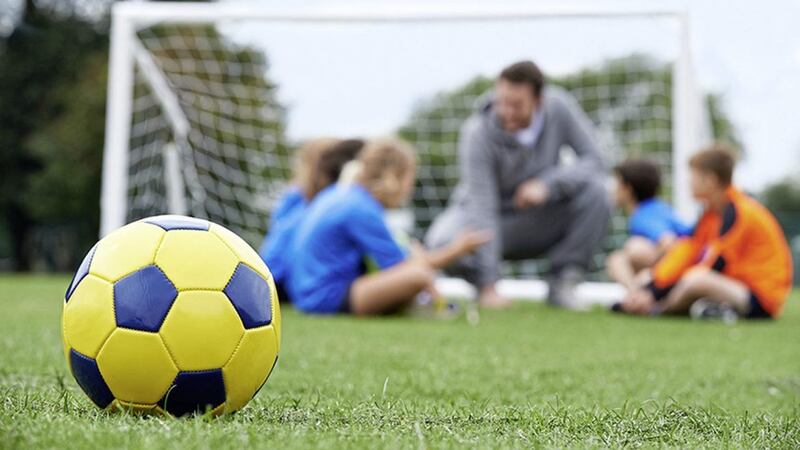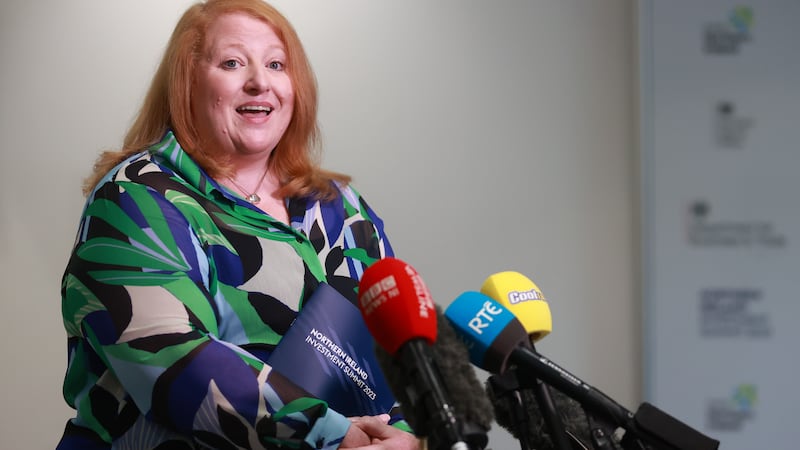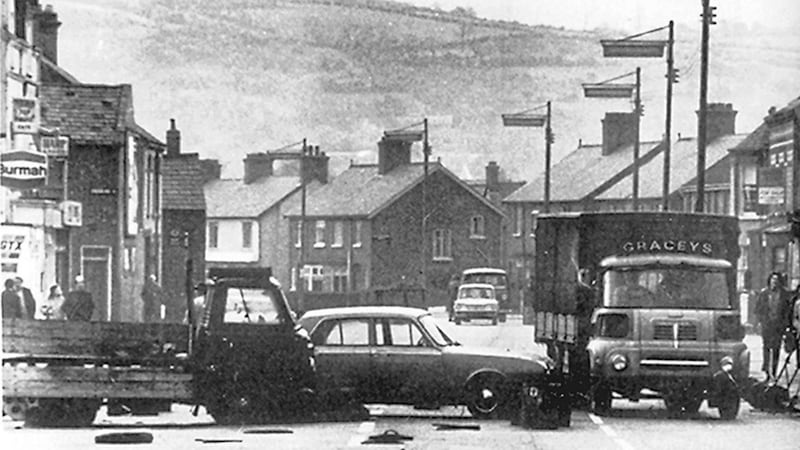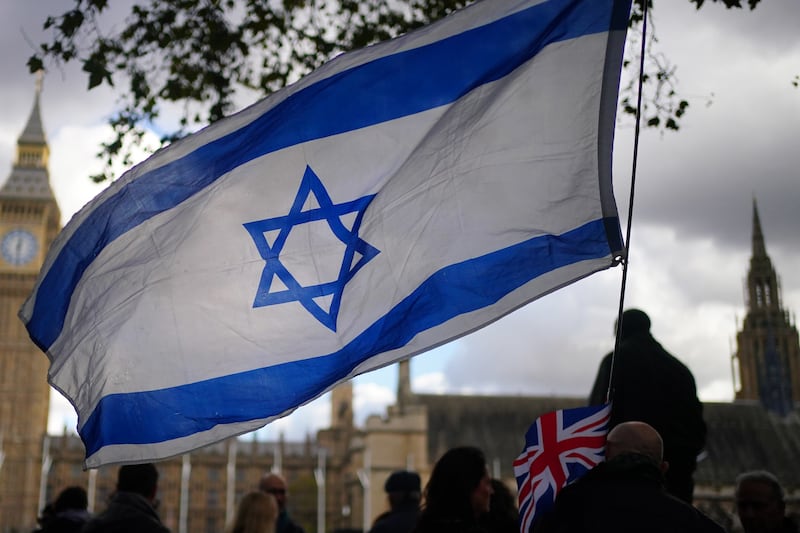SPORTING bodies have been warned they are leaving themselves vulnerable to claims of sexual misconduct by not taking steps to protect against allegations of abuse.
Insurance law firm BLM cautioned organisations to review policies designed to protect children and their wider membership.
Bodies including the GAA have detailed structures in place but BLM suggested they do more.
It found while guidelines were implemented correctly at the top, they were often unimplemented at grassroots level.
Fintan Canavan, Partner at BLM Belfast, said high-profile investigations including those into the US gymnastics abuse scandal highlighted how warning signs could be missed.
A more thorough check of someone's background could proactively stop abuse, he said.
He added that further education for anyone working with children should never be dismissed.
"While sporting bodies have issued the correct guidelines that may be in place at the top of their organisations, the guidelines themselves have historically remained unimplemented at grassroots level where, with a reliance on volunteers and fewer safeguards in place, abuse has been more likely to happen," Mr Canavan said.
"Sports clubs and governing bodies must demonstrate how these policies are part of the day to day running of their club or organisation: the vast majority of people involved in sport, be they coaches or volunteers want their sport safe and enjoyable for all children.
"However, safeguarding has not traditionally been a focus in this sector and therefore it can be a challenge to have the records required. For example, it is vital that records of staff and visitor complaints are carefully handled and reviewed against older complaints and disciplinary investigations."
All GAA members who work with young people in the association and sit on committees must complete the GAA Safeguarding children and young people in sport workshop.
It is recommended they complete a refresher course after three years.
Participants leave the course with an understanding of the background to safeguarding children in sport. They also learn how to identify the signs of abuse and how to act if it is suspected.
Ulster GAA has a safeguarding section of its website where clubs can access resources and information needed to create and maintain "the safest possible environment".
Mr Canavan said a common thread in the failure to identify issues resulted from poor complaints management in sporting bodies.
Complaints spread across a long period of time, he said, were forgotten about and dealt with as new and separate issues rather than a recurring pattern of behaviour.
"This is particularly prominent in amateur organisations where turnover at the top table normally recurs every few years," he added.
"Reviewing archives and records to ensure they are up to date should be at least a yearly standard practice. Preparation now could make a significant impact on assisting any future investigations and minimising the delay of historic complaints."
Clubs and governing bodies who took a more proactive role, he added, would be better placed to help the police, potential victims and their organisations to better cope with the distress associated with an abuse allegation.
"A straightforward system ensures any complaint is dealt with calmly and referred to a trained safeguarding officer who can obtain as much information as possible to allow the club to investigate quickly to respond accurately to any concerns brought to their attention," he said.








